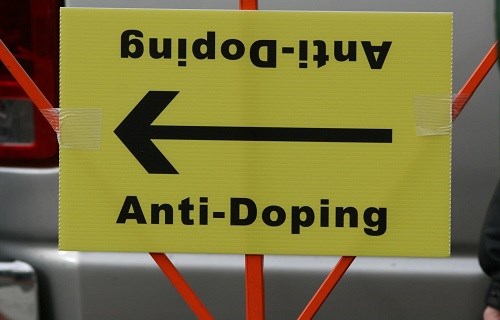WADA to up the fight against international doping
At a meeting in Glasgow, Scotland, WADA called for new powers to combat international doping, including, most notably, a new sanctioning framework that can be applied to national anti-doping agencies not complying with the World Anti-Doping Code. According to the WADA Foundation Board, the framework will grant WADA the ability to impose “meaningful, predictable and proportionate sanctions in cases of non-compliance by anti-doping organisations (ADOs) with the World Anti-Doping Code.” More specifically, the process of sanctioning non-compliant behaviour by ADOs are to operate in three stages, the first being WADA offering assistance if a National Anti-Doping Agency (NADO) is declared non-compliant. The second stage is that the NADO will be fined if it does not comply within six months, followed by stage three, which would issue the NADO a larger fine if it does not comply within a year.
Furthermore, WADA board members approved the development of a new Whistleblower Program. Under this program, whistleblowers will be provided with advice, kept informed of the Agency’s investigations, and supported, protected as well as rewarded, according to WADA. WADA has faced widespread criticism for not being able to follow up on information it received from whistleblowers. Russian whistleblower, Vitaly Stepanov, reached out to WADA with information about systematic Russian doping in 2010, information which, WADA argued, could not be investigated until it was granted new powers under the 2015 World Anti-Doping Code.
Russia refuses to accept doping blame
Tensions between WADA and the IOC have been characteristic to the build-up of the meeting in Glasgow. The Russian Ministry of Sport and the Russian Anti-doping Agency are still refusing to accept the findings in the WADA commissioned report by Richard McLaren earlier this year. According to IOC member, and head of Russia’s state-backed anti-doping commission, Vitaly Smirnov, “Russia has never had a state-sponsored system of doping.” Smirnov’s statement was met with a straightforward response from WADA deputy director Rob Koehler. "There needs to be an acceptance of the findings of the McLaren report ... because they are factual," Koehler responded in the lead up to the meeting.
International Olympic Committee (IOC) representative Gian Franco Kasper questioned the credibility of the report that contained evidence of Russian state-sponsored doping saying that “I want to see proof, […] We cannot say it’s correct or not. He [Richard McLaren] has to bring proof with names,” Kasper said according to SBS News.
Nicole Sapstead, head of the UK Anti-Doping Agency (UKAD), condemned the criticism of WADA. “The fact that we are a having a political row about this is pretty disgraceful actually, and I think that is shows there isn’t the importance attached to the integrity of sport and anti-doping that there should be,” Sapstead told Sky News.
The McLaren report
The McLaren independent Investigations Report commissioned by WADA, and compiled by Richard McLaren, was published July 16, 2016. The report investigated the allegations against Russia on state run doping during the Sochi 2014 Winter Olympic Games. The final report is expected to be published on 9 December, 2016.
More information:






